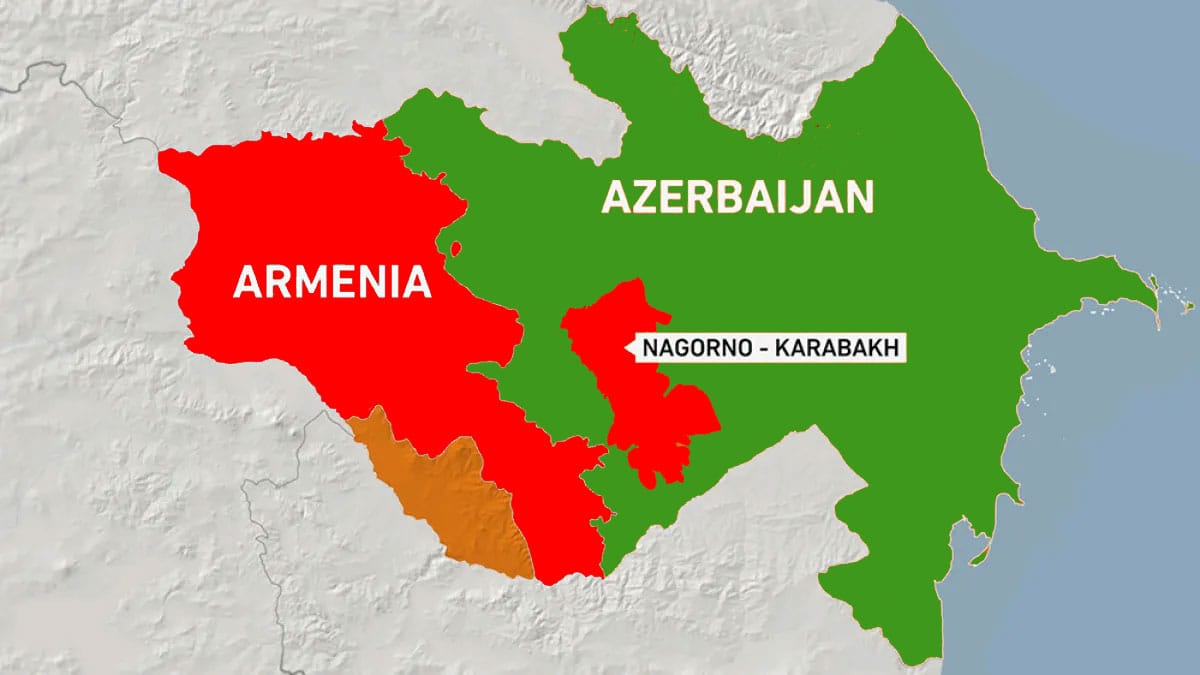The devastating wars in Syria and globally are undoubtedly alarming, but to claim they herald an inevitable demise for Armenia is an oversimplification rooted in flawed reasoning. Similar predictions were made about Artsakh before 2020, which came true not because of an unavoidable fate, but due to deliberate calculations and decisions. It is vital to approach such situations with pragmatic analysis rather than succumb to defeatist narratives akin to proverbial tales of despair.
Shifts in global power balances do not signal the end of Armenia but rather introduce heightened tensions that demand strategic engagement instead of passive retreat. The discussions surrounding the so-called “corridor” issue have yet to mature into actionable threats capable of undermining Artsakh’s position. This is due to various geopolitical constraints, including the improbability of Western powers allowing Armenia’s leadership to fall entirely under Russian influence. The potential signing of capitulatory agreements would face significant international resistance, as evidenced by previous commitments from global actors to uphold territorial integrity, excluding the complexities of the Artsakh issue.
The Turkish-Azerbaijani-Russian alignment appears primarily focused on maintaining control over economic and geopolitical balances in the region, leveraging Armenia’s position as a critical node. However, significant global powers have repeatedly affirmed their opposition to such control-oriented strategies, ensuring that Armenia’s sovereignty remains a priority in broader diplomatic engagements.
Parallel developments in Georgia illustrate the dynamics of resisting Russian influence. The current Georgian government, operating under Moscow’s shadow, aims to obstruct the establishment of a vital Asia-Europe transit route that intersects with Armenia’s North-South corridor. Nonetheless, Russia’s losses across multiple fronts indicate a decline in its ability to sustain these maneuvers, suggesting Georgia may eventually break free from its puppet regime.
Within Armenia, similar patterns of Russian attempts to assert greater control are evident. However, the lack of substantial political forces capable of entirely overturning the existing government reflects the intricate equilibrium of power. Neither the opposition nor the existing structures have the organizational capacity or external support to effect drastic changes, leaving the current administration in a precarious yet stable position.
The unfolding regional power struggles underscore the need for Armenia to navigate these complexities with a balance of resilience and adaptability. By understanding the broader motivations and constraints of regional actors, Armenia can leverage its strategic importance to secure its national interests amid evolving geopolitical realities.







































